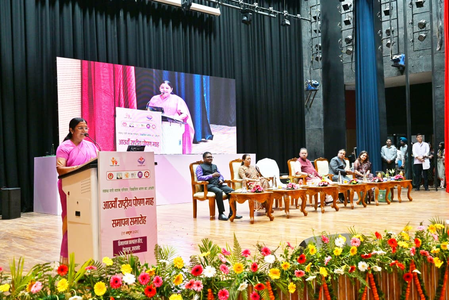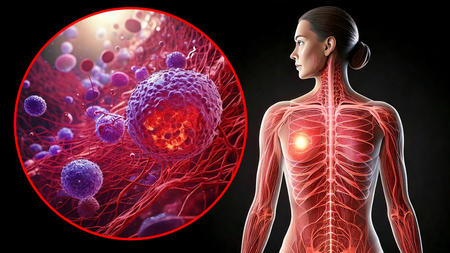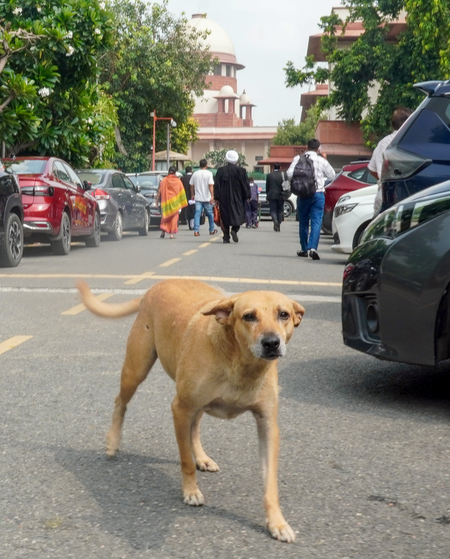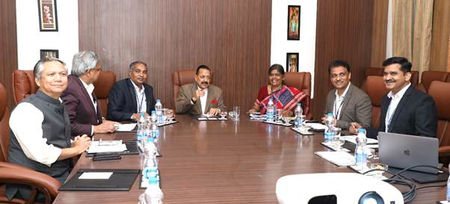
New Delhi, Oct 17 (IANS) Savitri Thakur, Union Minister of State for Women and Child Development, said on Friday that more than 20 crore activities were organised during the just concluded Poshan Maah 2025.
Speaking at the concluding ceremony of the eighth Rashtriya Poshan Maah 2025 organised at the Himalayan Cultural Centre in Dehradun, Union Minister Thakur said that the event reinforced the ‘Jan Andolan’ (public movement) for nutrition awareness, community participation, and behavioural change.
“Nutrition is not merely a programme; it is our national responsibility and moral commitment towards every child and mother in India,” he added.
She emphasised that the Poshan Abhiyaan, launched by Prime Minister Narendra Modi on March 8, 2018, has evolved into a transformative Jan Andolan, uniting multiple Ministries and citizens under a shared vision of ‘Empowered Women, Nourished India’.
She highlighted the first 1,000 days — from conception to two years of age — as the most crucial period for a child’s growth and development, adding that “a healthy mother gives birth to a strong generation; when every household’s plate is balanced, the nation becomes stronger”.
She said that this year’s Poshan Maah was particularly inclusive, with men and youth also participating actively alongside women.
“Today’s well-nourished children are the citizens of a Suposhit Bharat in 2047,” she added.
Earlier, Lav Agarwal, Ministry for Women and Child Development Additional Secretary, presented progress made under ‘Mission Poshan 2.0’, highlighting how digital governance and real-time monitoring tools have strengthened service delivery and transparency.
He told that through 14 lakh anganwadi centres across 36 states and Union Territories, services are being provided to more than 10 crore beneficiaries, including children, pregnant women, lactating mothers, and adolescent girls.
He noted that the Poshan Tracker App has revolutionised service delivery and beneficiary management.
“More than 13 lakh Anganwadi workers have been equipped with smartphones linked to the app, ensuring accurate data and timely nutrition delivery,” he said.
Around 13.87 lakh centres have also been provided with growth monitoring devices, he added.
The official cited the National Family Health Survey-5 data, which showed that India had a notable decline in key malnutrition indicators — stunting reduced from 38.4 to 35.5 per cent and underweight prevalence dropped from 35.8 to 32.1 per cent.
“These are not just numbers,” Agarwal said, “but rays of hope for millions of children moving from malnutrition to nutrition.”
–IANS
rvt/khz




